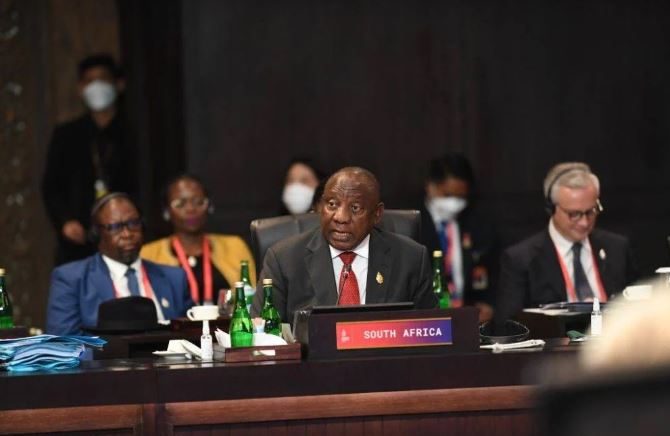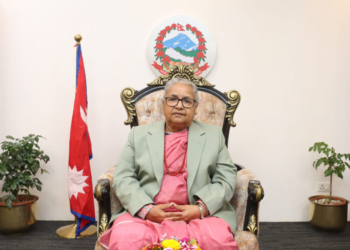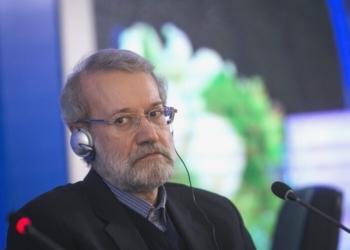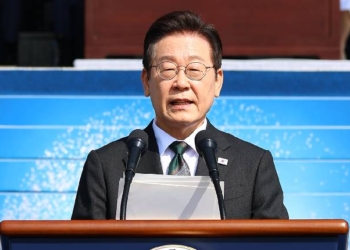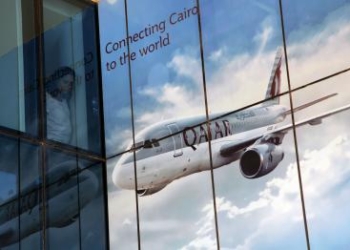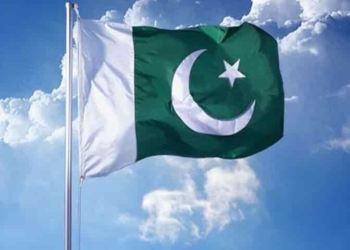Johannesburg: South Africa commenced Monday its inaugural Group of 20 (G20) engagement under its presidency, which began on December 1, setting the tone for its leadership tenure.
At the opening of the first G20 Sherpas Meeting in Johannesburg, Minister of International Relations and Cooperation Raymond Lamola outlined South Africa’s agenda to advance shared global goals through key priorities.
In his address, Lamola highlighted the theme of South Africa’s presidency, “Solidarity, Equality, and Sustainability,” and emphasised key objectives such as bolstering disaster resilience, addressing debt challenges faced by low-income countries, and mobilizing resources for a just energy transition.
“We will address these challenges through our high-level deliverables and priorities, which lie at the core of the original G20 mandate of promoting strong, sustainable, balanced, and inclusive growth and by building partnerships across all sectors of society to find collective solutions,” he said, Xinhua news agency reported.
Lamola noted the pivotal role of Sherpas in translating G20 leaders’ commitments into actionable cooperation. “The first Sherpas Meeting of the G20 is important traditionally, as it sets the stage for the upcoming presidency and the critical conversations on some of the most vital issues of our time,” he said. “In the spirit of Ubuntu, our shared humanity, we will address these challenges through our high-level deliverables and priorities.”
Lamola reiterated the need for South Africa’s presidency to bridge the Sherpa and Finance tracks, announcing the establishment of three temporary task forces, an initiative, and a commission. These structures will focus on priorities including inclusive economic growth, industrialization, employment creation, reducing inequality, food security, artificial intelligence, data governance, and innovation for sustainable development.
The minister further said South Africa’s G20 presidency would “emphasize” the importance of adhering to universal values and strengthening multilateral institutions. “Now more than ever, multilateral institutions must be strengthened and reformed to deliver broad global consensus and serve as platforms to resolve disputes.”
The minister also said multilateral institutions which focused on economic and developmental mandates should be empowered, “as the need for their intervention is even much bigger now.”
He affirmed South Africa’s intention to align its G20 efforts with the African Union’s Agenda 2063, a strategic framework for Africa’s socio-economic transformation.
Acknowledging challenges such as divisive geopolitics, climate change, slow economic growth, and deepening poverty, Lamola called on the G20 to prioritize practical and mutually beneficial collaboration. “The G20 must make strides in forging practical, mutually beneficial cooperation that champions an international order that is fairer, just, inclusive, and representative,” said Lamola.
Sherpas, who are personal representatives of G20 leaders, oversee negotiations, shape the agenda for the G20 Summit in 2025, and coordinate preparatory work. The Sherpas Meeting, which runs until Dec. 10, will be followed by the Finance and Central Bank Deputies Meeting on December 11-12.
(IANS)




